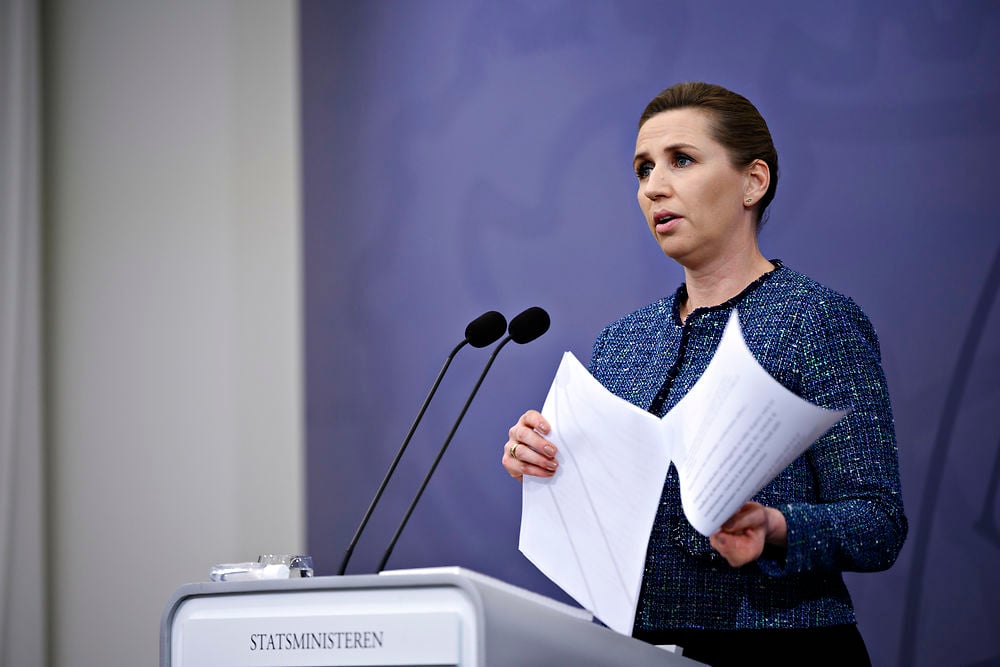The government will on Wednesday unveil its plan for restrictions on and after March 1st. The current national lockdown is scheduled to expire on February 28th.
In a social media post on Monday, Prime Minister Mette Frederiksen stated that restrictions will not yet be lifted fully.
“Now – with infections lower – the unanimous view of experts is that it is not possible to reopen fully,” Frederiksen wrote on Facebook.
In January, expert advisors to the government recommended that high schools and uppers secondary schools be allowed to reopen before universities.
Additionally, shops should be allowed to reopen before people working from home are allowed to return to other work places, according to the advice.
Outdoor sports and cultural activities could also be allowed to open before activities that take place indoors.
Frederiksen also said that the reopening of society could take place on a partly regional basis.
She wrote that she was “positive” towards calls made by the opposition Liberal party for regional relaxation of rules.
The government is “positive towards, for example, regional reopenings provided it is medically reasonable, just as there are currently regional restrictions,” she said. Schools in the town of Kolding are currently closed after an outbreak of the infectious B117 variant in the area.
But the PM would not yet give a firm outline as to what measures will remain in place next month.
Societal and economic recommendations to the government will be discussed with the other parliamentary parties on Tuesday before any decision is announced to the public, news wire Ritzau writes.
Over 300,000 people in Denmark have so far received at least the first dose to a vaccination against Covid-19, according to latest figures.
But increased supply in of vaccines in coming months will see that figure begin to rise at a faster rate, Frederiksen wrote.
“I said in my New Year’s speech that January and February would test our resilience. I think that March – and maybe April – will test our patience,” she added.
READ ALSO: Denmark tightens border to Germany following coronavirus outbreak



 Please whitelist us to continue reading.
Please whitelist us to continue reading.
Member comments